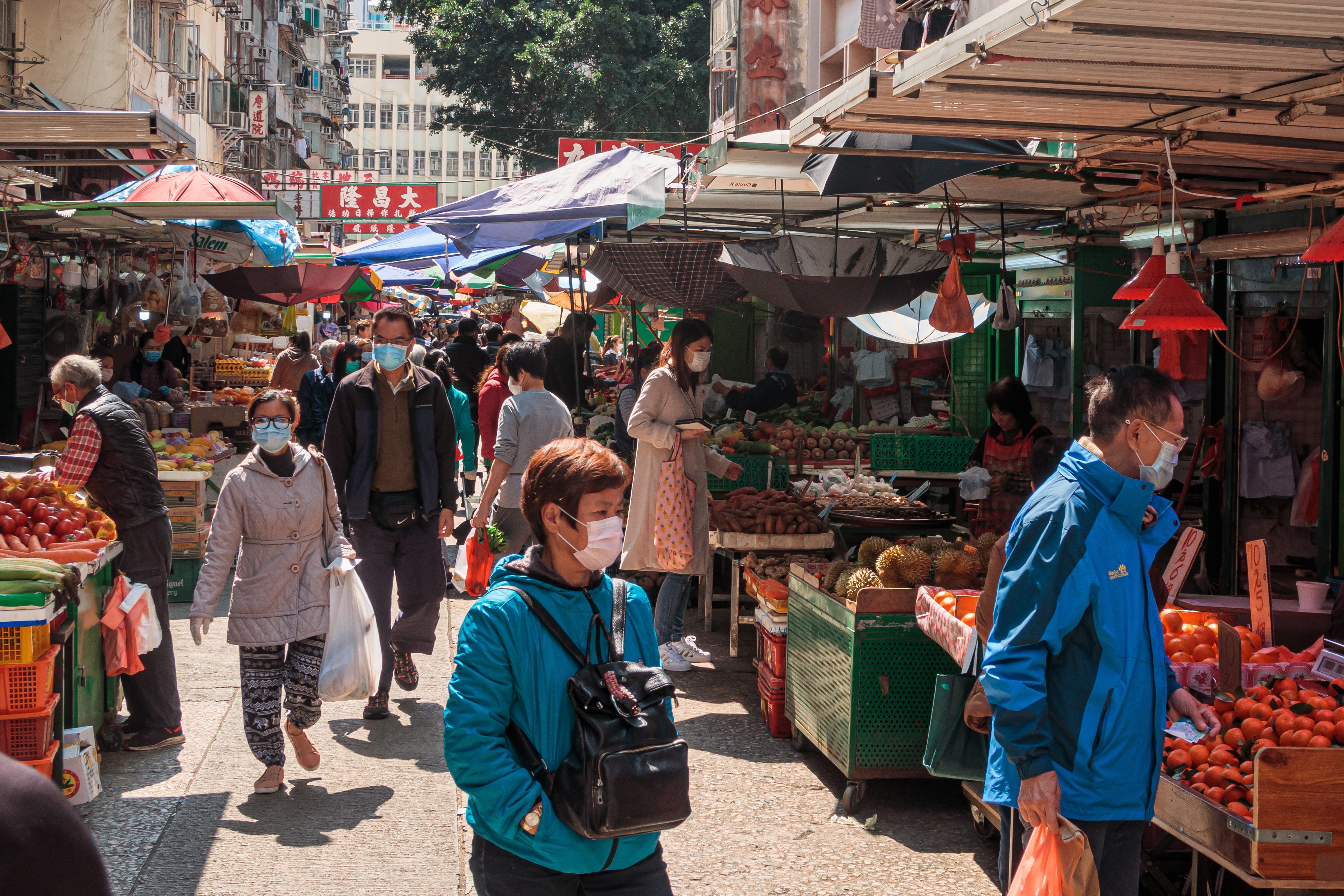
In a world where the news on coronavirus, and its latest incarnation Covid-19, changes by the hour any updates on the story risk being irrelevant before they are read. This is a snapshot of the situation as it affects the foodservice sector at the end of February 2020.
We heard on Thursday, 27 February, that the FHA Food & Beverage show, which was scheduled to take place from 31 March to 3 April 2020 has been postponed until 2021.
Martyn Cox, event director, hospitality, food & beverage, Singapore for event organisers Informa Markets said: “After much deliberation with our partners and industry associations we have concluded the new dates for FHA will provide the all-round best conditions for our community and optimal business performance for our exhibitors and buyers.”
The tourism impact
This cancellation of one of the largest food and beverage showcases in Asia is the latest blow to the foodservice sector from Covid-19. Tourism and travel around the world has been affected.
Robert Mang FCSI of consultancy firm Dishes based in Hong Kong reports that hotels in China, hit by a lack of tourists and business travellers, have been putting empty rooms to good use.
“Most of the hotels only have single digit occupancy so many have offered their rooms to the government for the isolation of suspected patients in some provinces/cities or to provide rooms for staff working at nearby hospitals,” he says.
While high-end restaurants in the pricy areas of Mayfair and Knightsbridge in London reported being hit by the absence of wealthy Chinese tourists, restaurants in China are finding ways to cope with restrictions on customers.
“A few chain restaurants are changing their service mode to take out and delivery service. This provides revenue to pay for their staff and reduce losses,” says Clara Ming Pi FFCSI, who is also based in Hong Kong.
Brandon Kua FCSI of Citrus Consult in Malaysia, where tourism account for about 7% of the country’s GDP, has noted the drop in tourists – especially from China. Covid-19 has without a doubt impacted the economy especially for the hotel and restaurant sector as this year is Visit Malaysia Year 2020,” he says. “There have been 100,000 hotel rooms cancellations resulting in an estimated loss of revenue of US$10m since the outbreak.”
Supply and demand
Another consequence to the foodservice industry has been in the supply of parts from factories in China to equipment manufacturers around the world. Manufacturers working to lean principles, relying on constant deliveries and keeping only low stock in hand have found themselves close to closing their own factories and not being able to fulfil orders.
In the Asia Pacific region Kua notes: There have been major setbacks and interruption in the supply of equipment and manpower due to factory closures in China. In Singapore, we were lucky that one of our projects was about to complete before the Lunar New Year, but currently we are seeing a labour/manpower crunch because many Chinese nationals who returned to China for the Lunar New Year have been unable to return to work until the virus situation is contained
Denmark based Anders Sjøgaard, director of Gram Commercial A/S, suppliers of energy efficient refrigerators and freezers for professional kitchens has been dealing with such a situation.
“We have experienced a few problems in our supply chain due to the extended new year shutdown in China,” he says. “We have mainly had issues with electrical components such as switches, nano pumps and LED lights. The single most problematic issue regarded a key component door switch that has a function of stopping the fan when the door of a refrigerator or freezer is opened.
“We use 1,400 of these every month and the stock was down to under 100 pieces – less than two days of production. We have now received 2,800 pieces from an alternative supplier based in the US. But of course there is an increased cost involved in these actions – a cost we will have to cover unless the situation improves within reasonable time. Also the spread of Covid-19 to supplier countries like Italy potentially could mean a worsening of the situation,” says Sjøgaard.
New cases worldwide
The World Health Organisation (WHO) stated on Monday, 24 February, that the epidemic in that country peaked and plateaued between 23 January and 2 February and has been declining steadily since then. However, while cases in China have slowed, the increase in new cases outside of the country is deeply concerning.
What we must bear in mind throughout the news of interrupted supply chains, falling tourist revenues, cancelled trade shows and sporting event and plummeting stock markets, is that in China deaths caused by Covid-19 have reached over 2,700 in number, with more reported around the world.
Officially there is now a case of the virus on every continent except Antarctica. And nobody can be sure where it will all end.
Jacquetta Picton
Pictured: Citizens fearing coronavirus wear face masks in Yaumatei Hong Kong, 18 February, 2020
